Artist: Asian Dub Foundation Album: Enemy of the Enemy
Year: 2003Duration: 52:40
Asian Dub Foundation's Enemy of the Enemy Album: A
Asian Dub Foundation, one of Britain's most innovative and socially conscious bands to emerge in the '90s, continues to revolutionize the music industry. The band has been around for more than two decades and has evolved from its punk-tinged beginnings to a mature sound that blends punk, drum and bass, and Indian classical music.
In 2003, the band released their fifth studio album, Enemy of the Enemy, and it was a significant milestone in their career. The album cemented their reputation as one of the most politically charged and innovative bands in the UK. In this post, we'll take a closer look at this album and its impact on the music industry.
Asian Dub Foundation's Enemy of the Enemy album was released in 2003. The album features 13 tracks that are a social and political commentary on the state of the world at the time. The album's genre is a fusion of punk, dub, hip-hop, and Indian classical music. The album also features an impressive list of collaborators such as Sinéad O'Connor, MC Navigator, and members of the Palestinian rap outfit, DAM.
The standout track from the album is Fortress Europe, featuring the Palestinian rap group DAM. The track is a militant and angry response to the brutal treatment of refugees and immigrants in Europe. The song's chorus is a rallying cry for unity, No one knows where we come from, but we're all here now, so stay strong. The song's lyrics are powerful, and the beat is infectious, making it one of Asian Dub Foundation's signature tracks.
Another notable track from the album is Oil. The track features the band's trademark dub and bass sound, with lyrics that speak out against the greed and corruption of oil corporations. The song's hook perfectly captures the sentiment of the song, We need more oil in your soil, make the world a better place, oil for everyone, oil for free.
The most innovative and experimental part of the album is the use of Indian classical music in the tracks 1000 Mirrors and Colour Line. The tracks feature classical Indian instruments such as sitar and dhol, which are expertly blended with western beats to create a unique and distinct sound. Colour Line is also a commentary on racism in the UK and features a sample from anti-racism activist Malcolm X.
Despite the album's many strengths, there are a few criticisms. The album's lyrics can be somewhat didactic and heavy-handed at times. Also, the album's sound can become repetitive throughout the tracks. Nevertheless, these are minor shortcomings in an otherwise excellent album.
Asian Dub Foundation's Enemy of the Enemy is one of the most politically charged and socially conscious albums of the 2000s. The album's fusion of different genres, political themes, and collaborations with other artists make it a standout album in the band's discography. The use of Indian classical music in the tracks 1000 Mirrors and Colour Line is especially innovative and showcases Asian Dub Foundation's versatility and creativity. Despite the album's few shortcomings, it remains a must-listen for anyone interested in music that is both socially conscious and musically rich.
Other #Electro dub albums:
SIMILAR BANDS
balls, from 1 to 5, describe similarity between the two bands
SOMETHING NEW? LISTEN TO RADIOGENRE
SUGGESTED PLAYLISTS


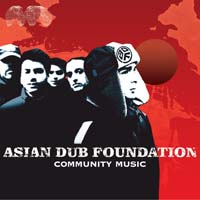

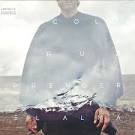


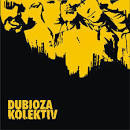

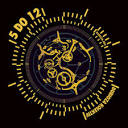





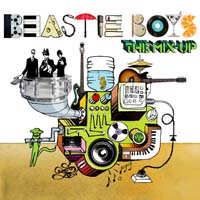


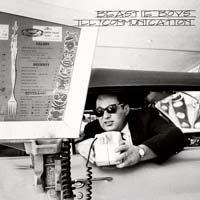







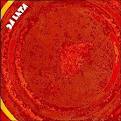
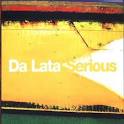



 Reggae Roots
Reggae Roots Classic pop
Classic pop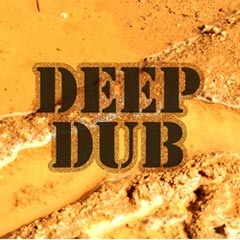 Deep dub
Deep dub Flamenco
Flamenco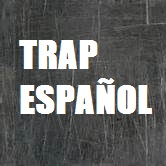 Spanish trap
Spanish trap Trip hop
Trip hop Sparo Parole
Sparo Parole Acid jazz
Acid jazz Swing
Swing Salsa
Salsa Saying goodbye with a song
Saying goodbye with a song Classic art music
Classic art music The very best of trance
The very best of trance Halloween, trick or treat
Halloween, trick or treat The region of the radical chic
The region of the radical chic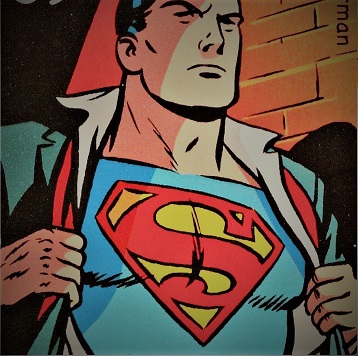 God save the Man of Steel
God save the Man of Steel Electronic music is going crazy?
Electronic music is going crazy? A tour around the Bel Paese
A tour around the Bel Paese Fabric London, the electronic templum
Fabric London, the electronic templum The very best of latin rock
The very best of latin rock